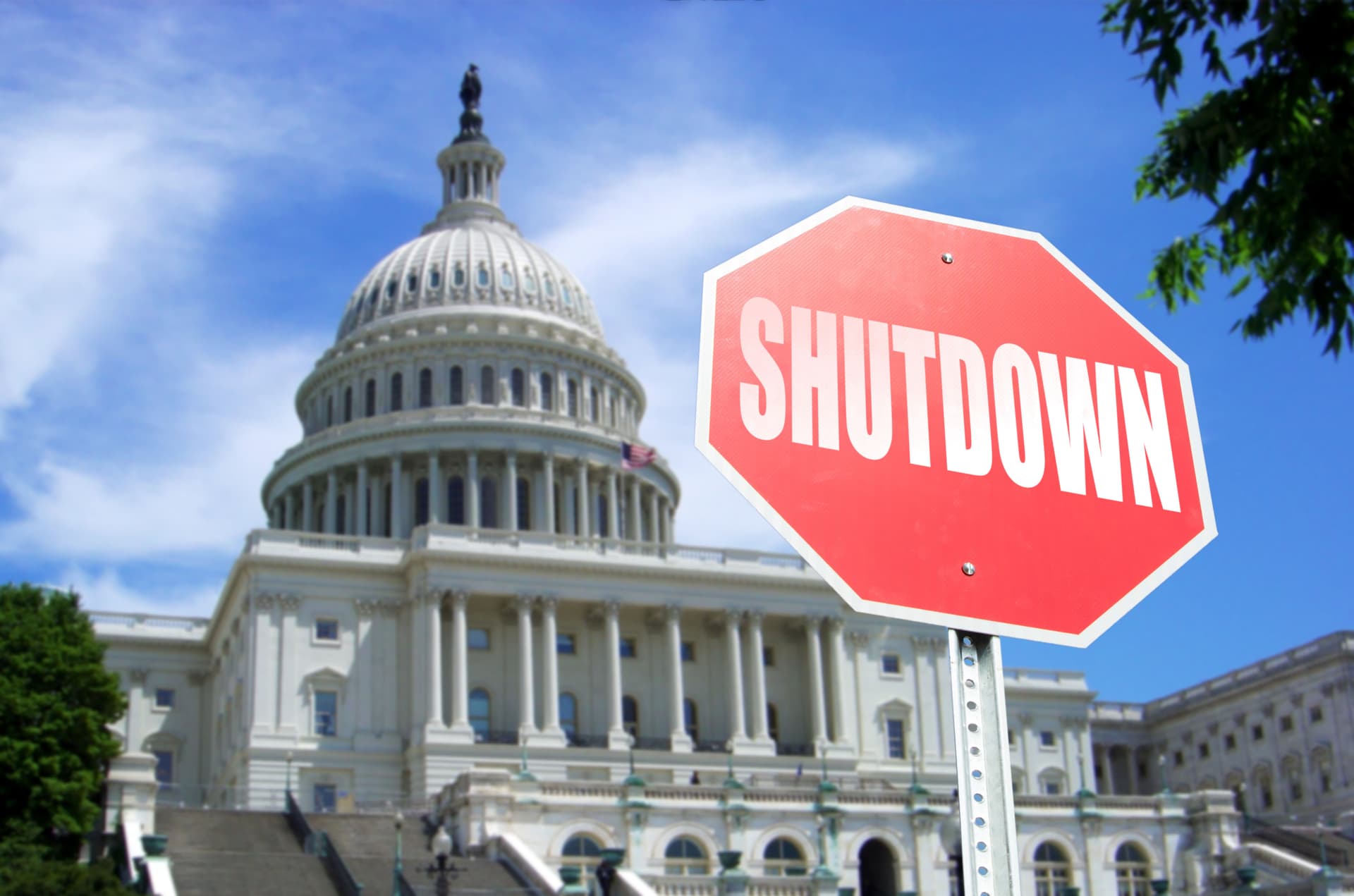How a federal shutdown could affect Medicare and Medicaid benefits
CMS would furlough about half of its staff if Congress fails to strike a spending deal.

Bill Oxford/Getty Images
• 3 min read
Fear not: The looming government shutdown is not expected to immediately affect Medicare or Medicaid healthcare benefits.
But planned Centers for Medicare and Medicaid Services (CMS) staff furloughs, which would take effect if Congress fails to reach a federal government spending deal by October 1, could throw a wrench into some agency operations—most notably, Medicaid redeterminations.
CMS officials announced that the agency would continue to operate—albeit with about half of its normal staff—in the event of a federal shutdown. Those agency operations could also include nondiscretionary activities relating to fraud and innovation.
Medicaid and Medicare benefit effects
A shutdown would not instantly interrupt coverage for Medicaid beneficiaries, according to CMS contingency plans.
The joint state-federal healthcare program, which provides coverage to more than 86 million people, has sufficient funding to operate through the first quarter of fiscal year 2024—or October 1 through December 31, 2023—officials noted.
CMS officials said the agency would maintain staff needed to make payments to states for the Children’s Health Insurance Program (CHIP), as well as continue federal health exchange activities, including eligibility verification.
A shutdown would have no direct effect on Medicare since the program, which insures 60+ million older adults and others, is considered “mandatory spending” for the federal government. But shutdown-related staffing cuts could affect benefit verification services, halt replacement Medicare card issuances, or even delay timely payments to hospitals and providers, the Washington Post reported.
What about Medicaid redeterminations?
The National Association of Medicaid Directors (NAMD) urged Congress to reach an appropriations agreement, cautioning that failure to do so could upend Medicaid redeterminations—a process that’s already faced various setbacks.
Navigate the healthcare industry
Healthcare Brew covers pharmaceutical developments, health startups, the latest tech, and how it impacts hospitals and providers to keep administrators and providers informed.
“Lapses in appropriations for CMS could disrupt this work, causing delays that incur additional costs and obstacles for both people served by Medicaid and the state and territorial agencies administering the program,” NAMD officials said in a mid-September statement. “By completing the appropriations process timely, Congress can mitigate these risks and ensure this historical renewal effort continues uninterrupted.”
States would still work through Medicaid eligibility—which was put on hold during the Covid-19 pandemic—in the event of a shutdown, allowing determinations to continue. But without a fully staffed CMS, the process could face oversight and enforcement issues, Georgetown University professors noted in a blog post.
NAMD further called for maintained funding to federally qualified health centers that primarily serve uninsured people and Medicaid recipients. These facilities also play a key role in the Medicaid unwinding process.
Navigate the healthcare industry
Healthcare Brew covers pharmaceutical developments, health startups, the latest tech, and how it impacts hospitals and providers to keep administrators and providers informed.